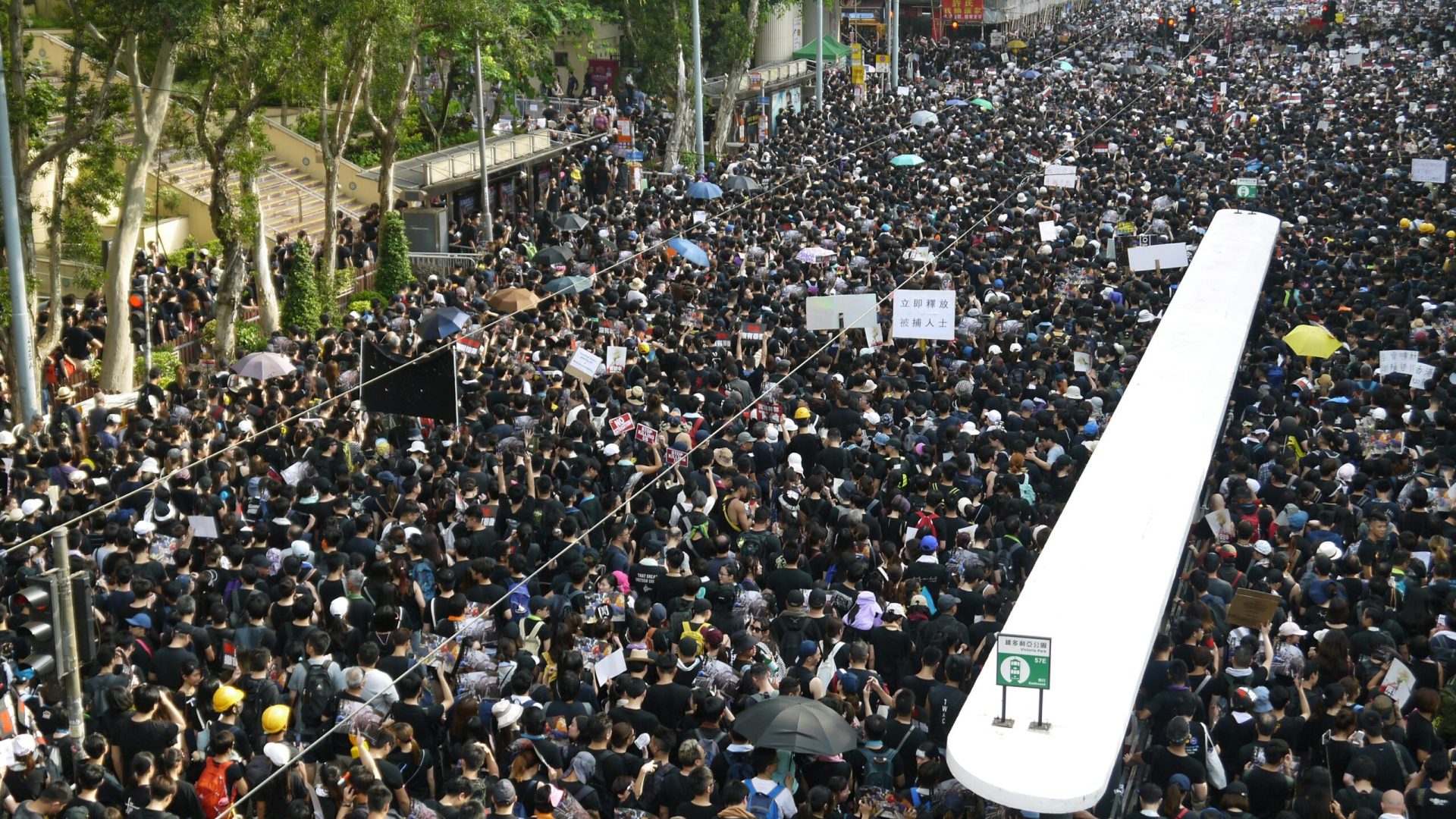
Delivering Through Chaos: How a TMS Keeps Your Supply Chain Moving During Riots, Protests, and Civil Unrest
Introduction
In today’s interconnected world, logistics doesn’t only face natural disasters or weather-related disruptions—it also faces riots, protests, and political unrest. Across Asia, Europe, and the Middle East, demonstrations often bring traffic to a standstill, block highways, and disrupt urban transportation networks. For businesses handling critical shipments, the result is the same: delayed deliveries, rising costs, and dissatisfied customers.
A Transportation Management System (TMS) offers companies the ability to adapt instantly, reroute shipments, and maintain customer trust—even when streets are gridlocked by chaos.
1. How Riots and Protests Impact Supply Chains
When civil unrest strikes, logistics is often the first casualty. Common disruptions include:
Roadblocks and barricades – shutting down major highways or access roads.
Traffic gridlock – protests in capital cities often freeze urban deliveries.
Security risks – trucks and cargo may be exposed to theft or vandalism.
Delivery uncertainty – drivers face unpredictable reroutes, delays, or unsafe conditions.
For companies managing last mile delivery or time-sensitive shipments, these disruptions can cause revenue losses and damage long-term customer relationships.
2. How a TMS Helps Deliveries Stay On Track
Dynamic Route Optimization
When streets are blocked due to protests or riots, a transportation management system recalculates routes in real time. Drivers can bypass congested or unsafe areas and still complete deliveries with minimal delays.
Real-Time Visibility
A TMS provides live tracking of shipments, giving logistics managers full visibility into where cargo is, how far it is from its destination, and what disruptions may lie ahead. This allows businesses to communicate accurate ETAs to customers, even in uncertain conditions.
Proactive Alerts and Notifications
During times of unrest, circumstances change quickly. A TMS sends instant alerts to dispatchers, drivers, and customers about delays, route deviations, or risks, ensuring rapid decision-making and better coordination.
Alternative Carrier and Mode Selection
When traditional road routes are blocked, a TMS allows companies to switch to backup carriers or alternate transport modes—air, rail, or water—ensuring critical deliveries still reach their destinations.
Risk Management and Security
With role-based access control, geofencing, and real-time monitoring, a TMS enhances cargo security during periods of political instability, reducing exposure to theft or loss.
3. Real-World Impact: Why Businesses Can’t Afford Delays
Retail and E-commerce: missed last-mile deliveries lead to canceled orders and customer churn.
Healthcare and Pharma: delays in sensitive cargo like vaccines or medical devices can compromise patient safety.
Oil & Gas: stalled shipments of hazardous or delicate cargo increase risks and downtime.
Manufacturing: just-in-time supply chains collapse when critical components don’t arrive.
In every industry, protests and riots expose weaknesses in traditional logistics systems. A TMS transforms those vulnerabilities into resilience.
4. The Competitive Advantage of Resilient Logistics
Companies using a TMS during periods of unrest gain:
Greater agility with real-time rerouting.
Improved communication with customers through accurate updates.
Stronger brand reputation by delivering even when conditions are unstable.
Lower operational risks thanks to proactive planning and data-driven insights.
Conclusion
Riots, protests, and political unrest are unpredictable, but your logistics operations don’t have to be. With a Transportation Management System (TMS), businesses can ensure deliveries remain safe, timely, and efficient—even when the roads are blocked and the streets are filled with chaos.
For industries where delays are costly, TMS technology provides the resilience, visibility, and adaptability needed to navigate any disruption. In a world where uncertainty is the new normal, a TMS ensures that your supply chain keeps moving forward.



